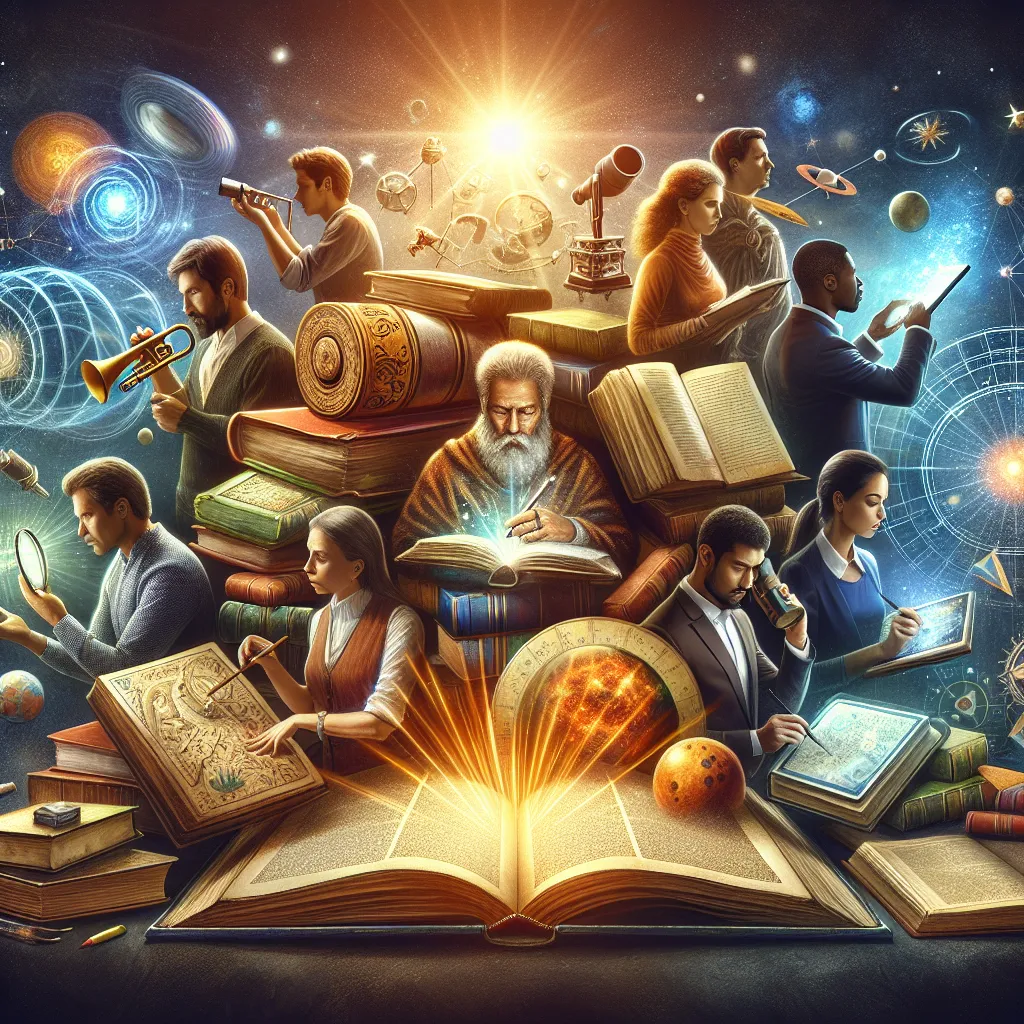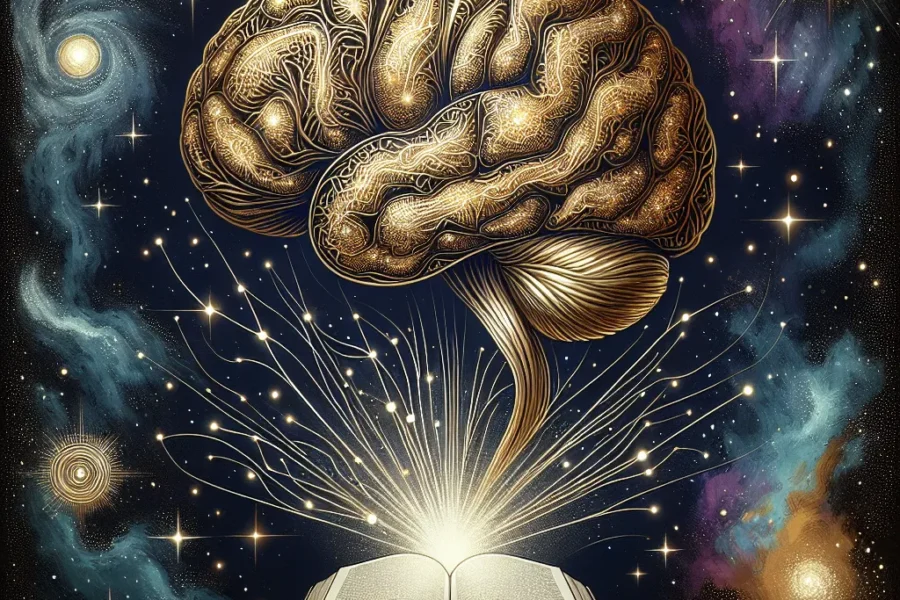Title: The Role of Intelligence and Multiple Intelligences
In today’s rapidly evolving digital age, understanding intelligence has become more crucial than ever. As we navigate an increasingly complex world of artificial intelligence, remote work, and lifelong learning, our conception of human intelligence continues to expand and evolve. While traditional Intelligence Quotient (IQ) tests once dominated our understanding of cognitive abilities, contemporary research has revealed a far richer tapestry of human potential through the theory of multiple intelligences. This exploration delves into how different forms of intelligence shape our success, enhance our relationships, and unlock our full potential in an ever-changing world.
If you want you know your own IQ, we have a free iq test here.
The traditional view of intelligence as a singular, measurable trait emerged in the early 20th century with Alfred Binet’s pioneering work on IQ testing. Initially designed to identify students requiring additional educational support, these tests became the standard metric for measuring cognitive ability. However, modern neuroscience and psychological research have demonstrated that human intelligence is far more multifaceted than previously understood.
Howard Gardner’s groundbreaking theory of multiple intelligences, introduced in his 1983 book “Frames of Mind: The Theory of Multiple Intelligences,” revolutionized our understanding of human capability. Recent neuroimaging studies have provided compelling evidence supporting Gardner’s framework, showing distinct neural networks activated during different types of cognitive tasks. This research has validated the concept that intelligence is not fixed but can be developed throughout life – a finding that has profound implications for education and personal development.
Gardner’s theory initially identified seven distinct types of intelligence, later expanding to nine. Recent research suggests potential additional forms, including digital intelligence and emotional intelligence (EQ), which have become increasingly relevant in our technology-driven society. The original nine types remain fundamental to understanding human cognitive diversity:
1. Linguistic Intelligence: In our digital age, this intelligence has evolved beyond traditional writing to encompass content creation, social media communication, and digital storytelling. Those with high linguistic intelligence often excel in emerging careers like content strategy and UX writing.
2. Logical-Mathematical Intelligence: With the rise of data science and artificial intelligence, this intelligence has become increasingly valuable. It encompasses not just traditional mathematics but also coding, algorithmic thinking, and data analysis skills.
3. Spatial Intelligence: Virtual and augmented reality technologies have created new applications for spatial intelligence. Modern professionals in fields like UX design, 3D modeling, and virtual environment creation rely heavily on this intelligence.
4. Bodily-Kinesthetic Intelligence: Recent research has highlighted the connection between physical movement and cognitive development. This intelligence now extends to areas like ergonomic design, motion capture technology, and virtual fitness instruction.
5. Musical Intelligence: Neuroscience has revealed that musical intelligence connects deeply with emotional processing and memory formation. Contemporary applications include sound design, acoustic engineering, and music therapy.
6. Interpersonal Intelligence: In our increasingly connected world, this intelligence has become crucial for remote team management, cross-cultural communication, and digital collaboration. Studies show it’s particularly vital for success in the modern workplace.
7. Intrapersonal Intelligence: Mindfulness and self-awareness have gained prominence in mental health and professional development. This intelligence is now recognized as essential for emotional regulation and work-life balance.
8. Naturalist Intelligence: With growing environmental challenges, this intelligence has become crucial for sustainability initiatives, environmental technology, and eco-innovation. It’s increasingly valued in urban planning and sustainable development.
9. Existential Intelligence: As society grapples with ethical implications of new technologies and global challenges, this philosophical intelligence helps navigate complex moral and societal questions.
Modern educational institutions are increasingly incorporating multiple intelligences theory into their curriculum design. Progressive schools now utilize technology to create personalized learning experiences that cater to different intelligence types. Virtual reality, adaptive learning platforms, and project-based learning are being implemented to engage various intelligences simultaneously.
In the corporate world, the multiple intelligences framework has transformed talent management and team building. Companies now use AI-powered assessment tools to identify and leverage different intelligence types among their workforce. This approach has led to more effective team composition and improved innovation outcomes.
Recent studies in neuroscience and cognitive psychology continue to validate the multiple intelligences theory. Brain plasticity research shows that different types of intelligence can be strengthened through targeted practice and exposure. This understanding has revolutionary implications for personal development and professional growth strategies.
The rise of artificial intelligence has made understanding human intelligence more crucial than ever. While AI excels in logical-mathematical tasks, uniquely human intelligences like interpersonal and existential intelligence remain irreplaceable. This distinction helps us appreciate the complementary relationship between human and artificial intelligence.
For individuals, recognizing and developing multiple intelligences has become essential for career adaptability in the modern economy. The ability to leverage different types of intelligence allows for greater professional versatility and innovation potential. Self-awareness of one’s intelligence profile can guide career choices and personal development paths.
Organizations that embrace multiple intelligences theory often report higher employee engagement and innovation rates. By recognizing and valuing diverse forms of intelligence, they create more inclusive and productive work environments. This approach has become particularly relevant in managing multi-generational and culturally diverse workforces.
Looking ahead, the role of multiple intelligences in human development will likely become even more significant. As technology continues to reshape our world, the ability to understand and cultivate different types of intelligence will be crucial for personal and professional success. The theory provides a framework for appreciating human potential in all its diversity.
In conclusion, our understanding of intelligence has evolved far beyond traditional IQ measures. The multiple intelligences theory offers a rich, nuanced perspective on human capability that is particularly relevant in today’s complex world. By recognizing and developing these various forms of intelligence, we can better prepare for the challenges and opportunities of the future while celebrating the unique cognitive gifts that make us human.




Leave a Comment